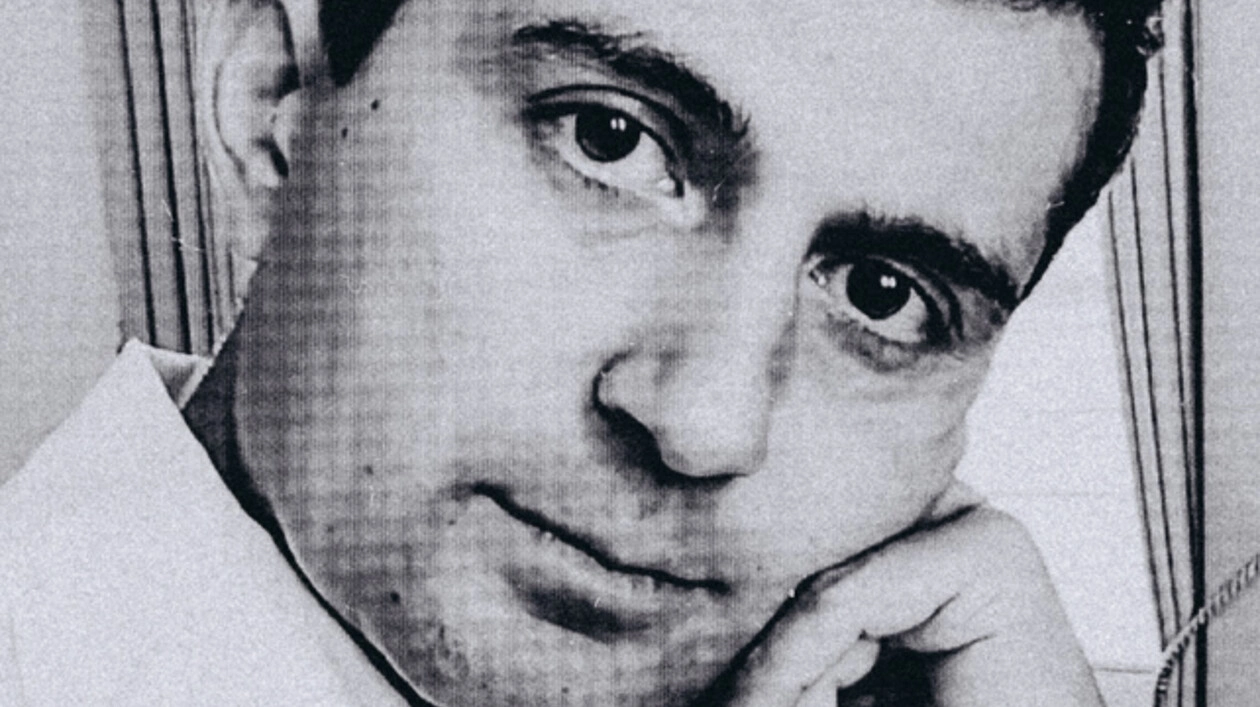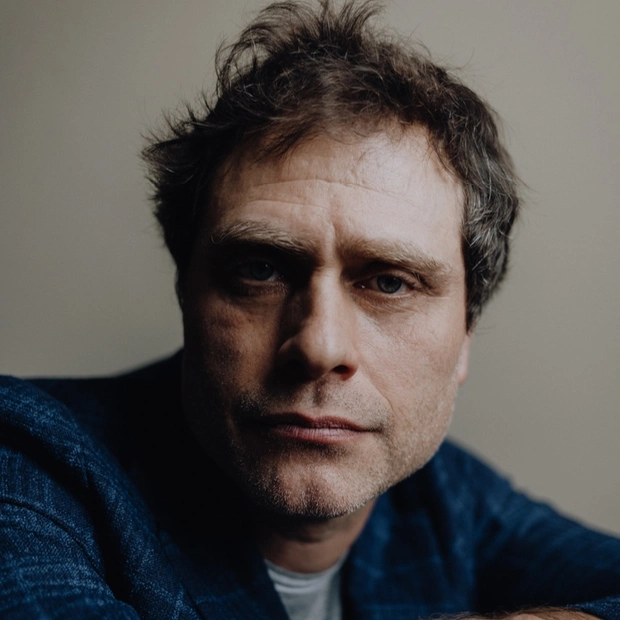Happy is the one...
There is a saying: Friends are okay when they do not get in the way. I insist that you forget the second part.
“Soft-hearted people are akin to mirrors” — throughout centuries, mankind has celebrated its rare representatives gifted with empathy. Emotional intelligence, capacity for compassion and friendship — names have been varied, but the essence has remained the same: these traits attract people driven by a deep need for warmth and acceptance. Our regular columnist, Chairman of the Board of Alif Bank Khofiz Shakhidi, on how to maintain old friendships and the ability to make new friends.
There is a distinction between amorousness and love. When people share their lives for ten or twenty years, they go through different stages in their relationship. First, they try to change each other, and then they stop and instead fully accept their partners with all their flaws. This is what pure true love is. Those, like my parents, who have loved each other for thirty, forty years, and, God grant, until the end of their lives, constitute both families and, necessarily, friends. For me, friendship is tantamount to love. My closest friends are, naturally, my parents and my two brothers, my wife and children. You forgive your friends almost everything; a true friend accepts you with all your drawbacks. To stop trying to change something in your partner, to forgive — these are manifestations of true love.
We live in a very dynamic world, where work tends to take up increasingly more time, taking it away from other life priorities, including our loved ones. I have developed my own rule of thumb enabling me to stay connected with those I love. I do business with them. This is how I manage to maintain relationships with my childhood friends. They warn you not to put the cart before the horse, but sometimes there is no other way, and you reverse the proper procedure.
Therefore, to maintain connections with the people that I am truly comfortable with, I start doing business with them. The main motivation here is the desire to communicate. This is a conscious effort, rather than a coincidence. The last thing I want is to admit that I have not spoken to a friend for a decade. Well, I made a pre-emptive move and replaced one reality with another: I can now say that I have been doing business with friends and communicating with them professionally for many years. Emotional connection is the cement that binds relationships between people who share the same system of values. It is so sad when work prevails over emotional closeness. You need to involve your friends and family in your business.
This is my solution to the dilemma, a lifehack that I am willing to share. In this case, a chance to have an extra business conversation with a friend invariably matters more to me than the appeal of a specific business that connects us. We discuss work issues, exchange the traditional “how are yous”, and at the same time recollect the old times, while keeping the thread that has long connected us. We meet, we often see each other, and our business meetings continue as friendly get-togethers. This helps me diversify my business routine: it is only natural that you have to deal with things that you do not particularly like doing. I “thin down” business with friends, if you know what I mean. In my ancestors' city of Samarkand, entire streets were named after crafts, such as Suzangaron Street (the Street of Tailors).
I do not believe there can be too many truly close people. I choose to follow the simple reminder of the great thinker Ibn Sina: “Don’t seek a friend in anyone you meet and don’t entrust your secrets with just anyone”. For me, it happened naturally: I have had friends since my earliest childhood — my cousin and half-cousin, and there is another friend as well. We communicate and share philosophies that we wish to have a think about. We support each other in difficult situations.
One possible reason I have managed to keep trust in people is that I have memories that are more precious than any diamond mine.
Growing up, we often went to the mountains with a close friend of mine, my half-cousin. My uncle once took us to his mountain bee-garden in the Romit Gorge in Tajikistan and taught us to shoot a rifle. The breathtaking mountain views and the rifle in our hands made us giddy with happiness, and I can hardly remember which one of us hit most targets that day. When we meet today, we always recollect that experience: the shot, the recoil, the tin can flying off its stand. The emotive power of the mountains, the unforgettable memory that will last our entire lives. This is a well-known memory trick: what happened long ago appears more clearly than what happened just ten years back. We get together, revisit that trip again and again and relive the best moments of our childhood that we cherish in our memory — shared between the two of us.
I also have other, new, friends who are interesting and exciting — we are getting to know each other now. Emotional intelligence is a critical secret of happiness and success. And a happy person has sufficient resources to perform markedly better in all areas of life. It is this person that changes the world for the better because they have enough strength to do so. It is crucial not to lose these resources and the skill of making friends, because this becomes more difficult year after year. Life experience is always “the son of difficult mistakes” in the words of the great poet Alexander Pushkin, which is why opening up and trusting people becomes increasingly harder.
You start fighting against emerging cynicism and growing suspiciousness, because to make friends, you need to be simpler. As the years go by, a person becomes more callous, more tired. It is necessary to recall and find within oneself that open-minded ten-year-old child who is so easy to befriend. And the clearer we see that child, the happier we will be.
There is no light without a shadow, but if a friend betrays you, the best revenge is forgiveness. One should not be aggrieved, but forgive. The best way to get even for something is to act like the protagonist in Pushkin’s “The Shot”. The confusion in the eyes of a wrongdoer is enough, and it is not worth becoming a slave to your emotions and disturbing the world’s harmony with retaliation. In such a situation, every move you make will cause pain, so there is no point in multiplying sorrows by hurting the one who has betrayed you. I am human, like anyone else, and I have been there. I have faced everything, every challenge that fate apportions us. They are part of our life, like birth and death, and you need to go through them, it is no big deal.
How do you choose friends? Those who have been close to you since childhood are like family — they are not chosen. Those who will become good companions further on are destined by fate. I can only share my experience, as I have happened to live in various countries and cities. I have met very romantic and warm-hearted people among conventional northern Europeans. I believe the Slavs belong to them. It will suffice to read Yesenin or Pushkin, or listen to Tchaikovsky and Rachmaninoff, to see that the Slavs are perhaps the most romantic people.
For us, the Tajiks, friendship, hospitality, and willingness to give away the shirt off your back to a friend have always been high on the list. This makes us very similar and close to the Slavs. Spiritually, this makes us brothers. Where it is cold, people bask in emotional warmth — in Russia, in the Tajik mountains. I cannot say the same about Europeans from other countries. I have only one long-time close British friend, although I have lived there for many years. There is one Italian friend from Naples. There is also an older friend from Pakistan — he currently resides in Islamabad. And yet, most of my friends are Russian-speaking, and we choose one another based on our shared system of values, latitude of thought, and depth of soul.
Friends are the family that you choose for yourself. Each friend is a certain obligation that you undertake. You are responsible for this friendship and must always be ready to help. It is perhaps for this reason that having many friends is a formidable challenge. Those without a spouse and children tend to have more friends; people with large families have less time for friends, as there is naturally less time for other things in their lives. This is almost an anthropological law.
Some invite hundreds to celebrations and manage perfectly well! This obviously calls for an extrovert. Although I do not consider myself an introvert, I do not like major gatherings, because I will not be able to give enough attention to everyone. I would hate to spread myself thin and then worry about it. There are few people with whom you search for meaning and sometimes accidentally find it — in an old, printed photo, voice in your phone, or a new song by Basta sent in WhatsApp.






